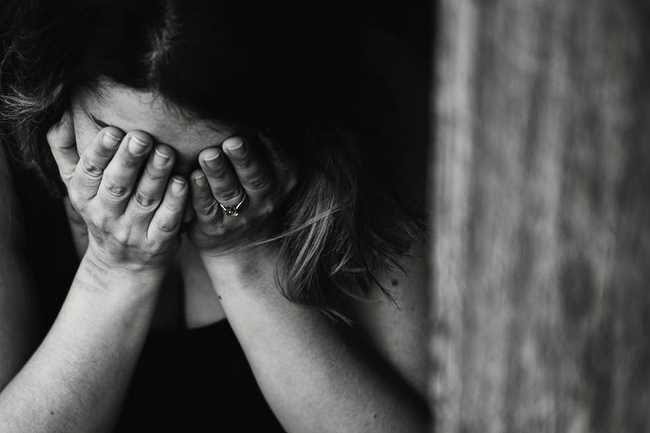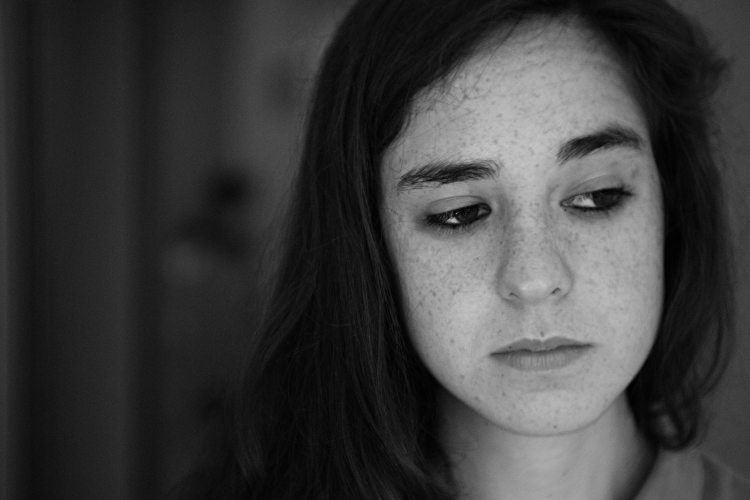Depression is a treatable condition. If you are suffering from depression, there is a wide range of mental health treatments and therapies that can help.
Unfortunately, beating depression is not a guarantee that it won’t return. In fact, at least 50% of people who recover from the first episode of depression will have one or more additional episodes in their lifetime.
If you do suffer from a depression relapse, it’s important that you recognize it as early as possible.
Read on as we look at how to identify the signs of a relapse and what you can do to stay aware of your mental well-being.
Signs of a Depression Relapse
The difficulty with identifying a depression relapse is that the symptoms will be different from person to person and can even be different from a person’s first episode of depression.
There are some common signs that occur in many cases, however.
Change in Mood
Everybody’s mood varies from day to day.
It’s when your mood changes for a significant period of time that it may be a sign of depression returning. If you feel hopeless or teary for an extended period, then this may be an indication of relapse. There may be underlying causes, such as bereavement that lead to these feelings, but if there is no obvious trigger, then this should be a warning sign.
Change in Appetite
If you notice that your appetite changes significantly, this can also be a sign of depression relapse.
There are two ways that this can manifest itself. You may have a loss of appetite, which will lead to noticeable weight loss. Alternatively, you may have an urge to binge eat, which can lead to weight gain. In either case, if there is no obvious root cause, this could be a sign of your depression returning.
Fatigue
We all struggle to get out of bed some days.
Fatigue is much more than just wanting an extra half hour in bed. If you find yourself struggling to cope with your day-to-day life, then this is a clear sign that something is wrong. There may be other causes, but depression is definitely a possibility.
Withdrawal
Another common sign is social withdrawal.
You may feel unable to face social situations and avoid them at all costs. This has a spiral effect, as it robs you of the social interaction that can help to combat your depression. If you find yourself not wanting to be around other people, this should sound alarm bells.
Irritability
We can all get irritated from time to time.
If you are getting annoyed more than usual, then this could be a sign of depression relapse. The most obvious signs to look for are regularly snapping at friends and loved ones or being unable to control your anger.
Loss of Libido
A common sign of depression relapse is to lose interest in things you used to enjoy. One of the most obvious, to you and your partner, is a loss of interest in sex.
If you find yourself avoiding sex, or having far less interest in it than you used to, then this could be due to a return of your depression.
Difficulty Concentrating
Struggling to concentrate on tasks is also a telltale sign.
Many people describe this as a “brain fog” where it is difficult to think or focus on the task at hand. You may find yourself having difficulty making decisions or thinking things through. This can also make you more hesitant about being in social situations.
Change in Sleep Patterns
If your sleep patterns change significantly, this could be a sign of your depression returning.
As with your appetite, this may manifest in either sleeping much more than usual or struggling to sleep at all. If this is caused by your depression, you may find it hard to sleep because of all the negative thoughts running through your head at night.
How to Monitor Your Mental Wellbeing
If you have recovered from depression, it’s important to remain vigilant.
Rather than being caught unawares by a depression relapse, you should actively be on the lookout for the signs of one so that you can seek treatment as soon as possible.
Know What To Look For
The first thing to do is learn what signs you should be looking for.
This article has covered some of the most common signs, but you may have had other signs when you first suffered from depression, which you should also look out for.
Mood Tracking
Another simple but effective technique is to monitor your mood on a daily basis. You will then be able to see if your mood changes for a significant period of time.
There are several ways of doing this. One of the easiest is to use an app to record your mood each day. You can then take a look at trends in your mood over time. If you notice a worrying pattern, you should seek help or support.
Assigning Monitors
Sometimes it can be hard to spot the signs of depression in yourself because you are too close to the situation or don’t want to believe your depression may be returning.
Choose some close friends or family members who you trust and ask them to be monitors. Tell them about the signs they should be looking for, and ask them to speak to you if they notice any of these signs.
If your depression is returning, you may be unwilling to listen to them at this point, so make sure they know who to contact if they have serious concerns.
What Should You Do If You Notice Signs of Depression Relapse?
If you or a friend or family member notice signs of depression relapse, you need to act before it gets any worse.
Here at D’Amore Healthcare, we offer a range of treatments to fit our patient’s unique needs. Our treatment modalities include Cognitive Behavioral Therapy, Dialectical Behavioral Therapy, Motivational Interviewing, Positive Psychology, Experiential Therapy, Play Therapy, Integrative Functional Medicine, and Reality Therapy. We can design an individual treatment plan to find the right combination for you.
Contact us to learn more about our admissions policy and schedule a free consultation.







































